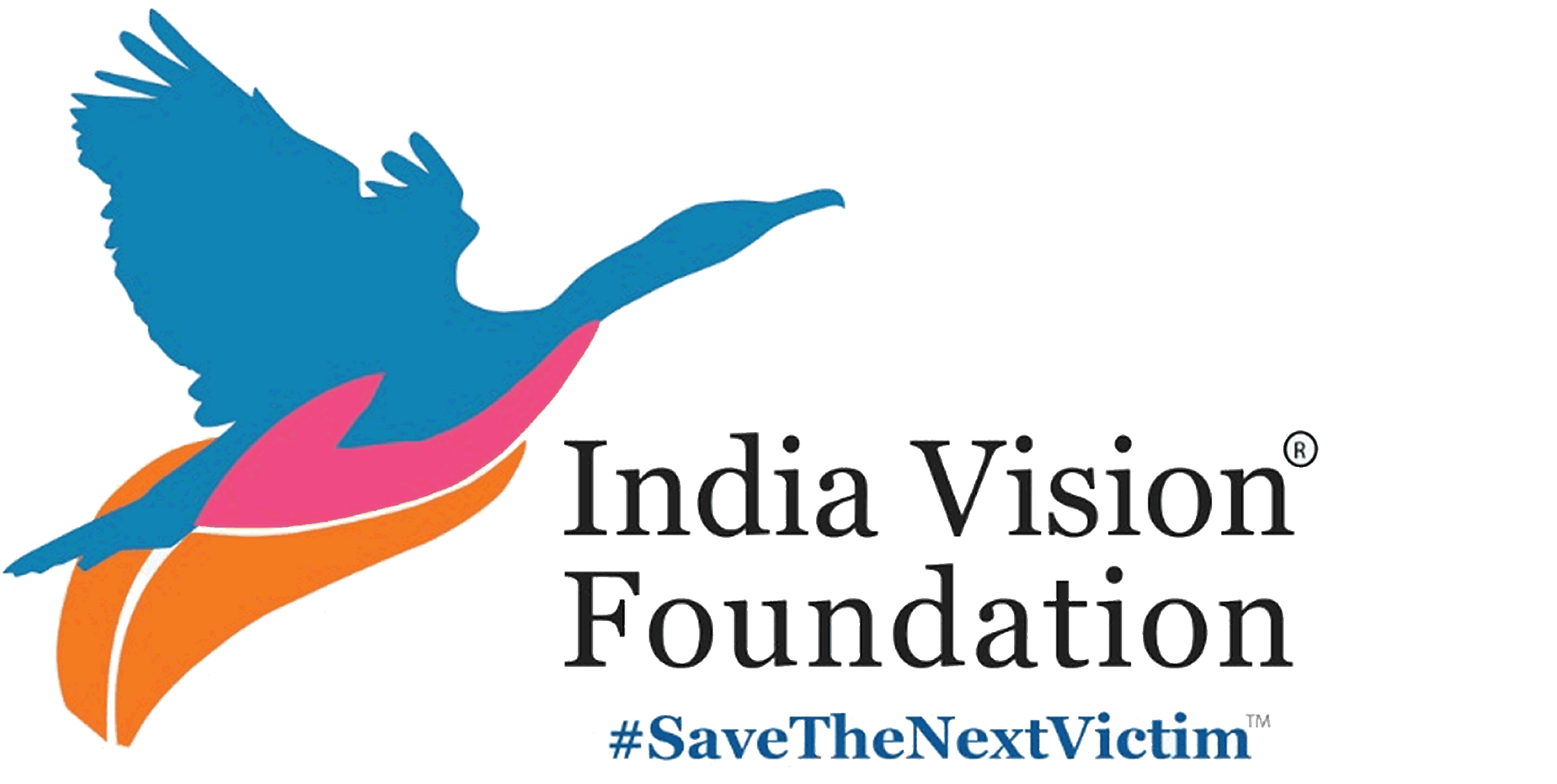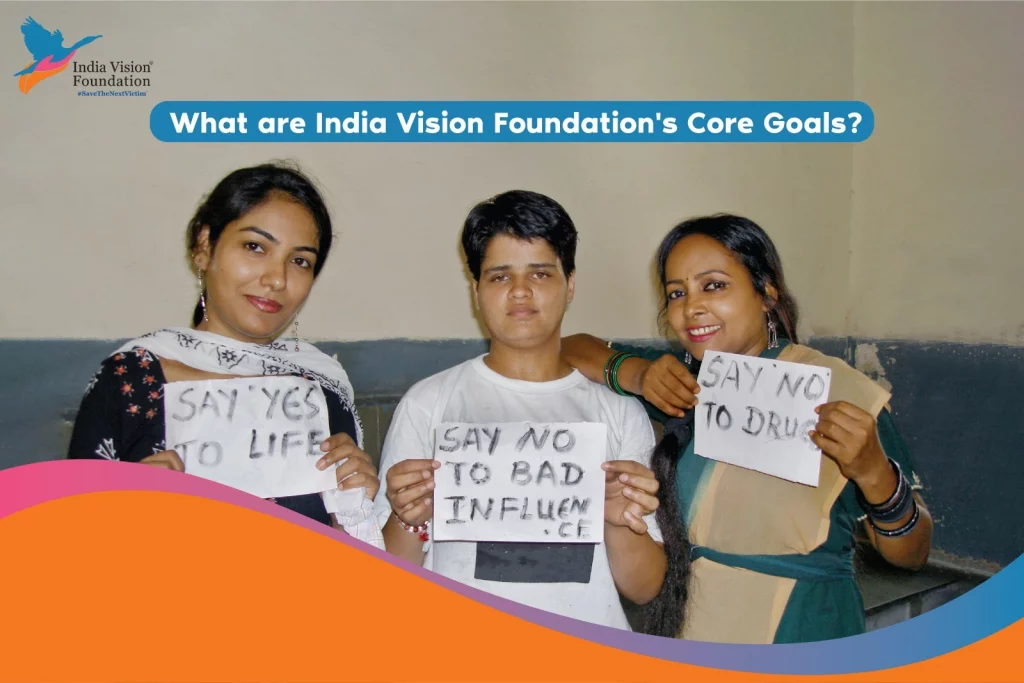In the heart of India, where the echoes of freedom ring alongside the cries of the incarcerated, stands a beacon of hope – the India Vision Foundation.
For nearly three decades, this nonprofit organisation has been a guiding light, dedicated to the noble cause of rehabilitating and reintegrating prison inmates back into society.
Founded by the trailblazing Dr. Kiran Bedi, the first lady Officer of the India Police Service, with the prestigious Ramon Magsaysay Award prize money in 1994, the Foundation has remained steadfast in its mission, illuminating the path towards redemption for countless individuals behind bars.
Imprisonment, as Mrs. Renu Nag rightly points out, is not merely the confinement of an individual; it casts a long shadow that extends to encompass families, communities, and society at large. It fractures relationships, erodes social cohesion, and inflicts financial burdens, leaving a trail of devastation in its wake.
Moreover, the journey of reintegration post-incarceration is fraught with challenges – a lack of skills, livelihood opportunities, and the insidious stigma of being labelled an ex-convict. It is within this crucible of adversity that the India Vision Foundation emerges as a beacon of hope, offering a lifeline to those navigating the treacherous waters of societal reintegration.
The core of India Vision Foundation
With an unwavering commitment to reducing the likelihood of re-offending and breaking the cycle of recidivism, the Foundation has devised a multifaceted approach encapsulated in its 4S Model of intervention: Shiksha, Sanskar, Skills, and Swasth (Education, Values, Skills, and Health).
At its core, this model embodies the essence of holistic rehabilitation, addressing the diverse needs of individuals confined within the walls of incarceration.
Education serves as a cornerstone in the journey of transformation, empowering inmates with knowledge and equipping them with the tools necessary to chart a new course in life. Through educational initiatives tailored to the unique needs of each individual, the Foundation cultivates a culture of learning within the confines of prison walls, fostering intellectual growth and personal development.
Values, or Sanskar, form the moral compass guiding individuals towards redemption and renewal. Through a myriad of therapeutic interventions and life skills sessions, the Foundation instils a sense of responsibility, empathy, and integrity, laying the foundation for meaningful societal reintegration.
Skills acquisition lies at the heart of economic empowerment, offering individuals a pathway towards self-sufficiency and financial independence. Recognising the transformative potential of vocational training, the Foundation provides inmates with opportunities to learn marketable skills, thereby enhancing their employability and prospects for successful reintegration into society.
Health, both physical and mental, is the bedrock upon which resilience is built. In recognition of the profound interplay between health and well-being, the Foundation prioritises the holistic health of inmates, offering access to essential healthcare services, counselling, and support to address underlying mental health issues.
Beyond the realms of formal education and vocational training, the Foundation recognises the importance of fostering a sense of community and belonging. Sports activities, festival celebrations, and cultural events serve as avenues for social interaction and camaraderie, nurturing a supportive environment conducive to personal growth and transformation.
In its tireless pursuit of social justice and inclusive development, the India Vision Foundation remains steadfast in its commitment to the Sustainable Development Goals of the 2030 Agenda, ensuring that no individual is left behind.
By extending a hand of compassion and solidarity to those society has deemed unworthy, the Foundation reaffirms the inherent dignity and worth of every human being, regardless of past transgressions.
As we reflect on the profound impact of the India Vision Foundation’s core goals, let us not forget that the measure of a society’s greatness lies in its capacity for empathy, compassion, and forgiveness. In extending a lifeline to the marginalised and the forgotten, we reaffirm our shared humanity and forge a brighter, more inclusive future for generations to come.


